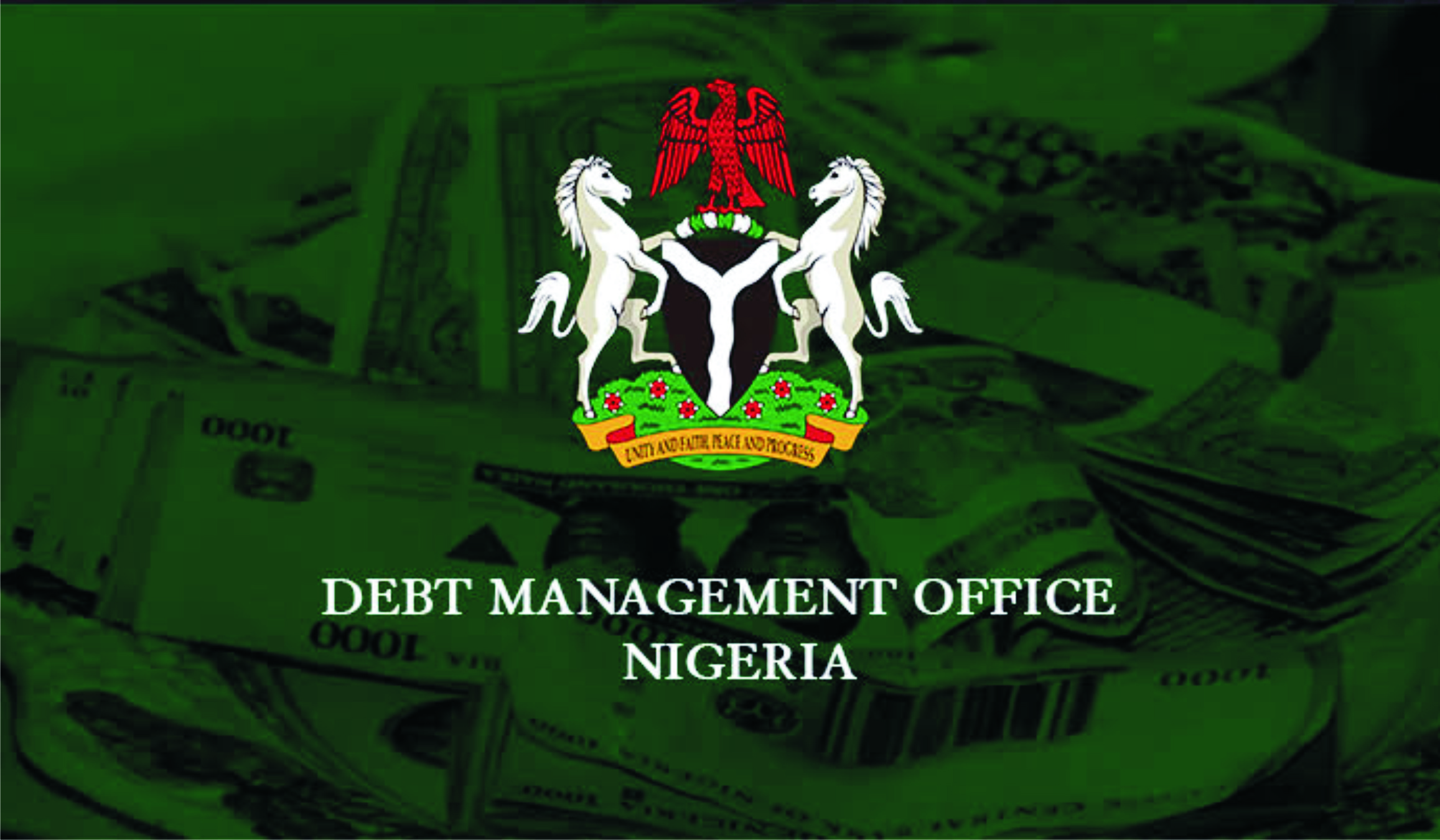Business
Debt Servicing Gulps 86% Of Nigeria’s Revenue S’Africa Pays 20%

In 2021, Nigeria spent 86 percent of its revenue on servicing debt. This is against South Africa’s 20 per cent expended for the same purpose and period, according to The Tide’s source.
Quoting the International Monetary Fund’s 2021 Article IV estimates, the source said Nigeria spent 85.5 per cent of its revenue on servicing its debt in 2021.
In the same vein, South Africa’s budget office, situated in the National Treasury, estimated its debt service-to-revenue in 2021 at 20 per cent, noting that for every five rand raised by the government, only one rand was spent on servicing debt.
Nigeria’s total debt as at the end of December 2021 was 30 per cent of South Africa’s debt, yet the former’s debt service appears too expensive, according to analysts.
Nigeria’s total debt as at December 2021 was $94.166bn, according to the Debt Management Office, but South Africa’s total debt at the same period was $261bn, according to the country’s National Treasury and Bloomberg.
Nigeria is the continent’s largest economy. Latest estimates by the National Bureau of Statistics put the nation’s economic size at $420bn.
On the other hand, South Africa is second largest economy on the continent with an estimated size of $320bn.
According to analysts, Nigeria’s debt service is very expensive because of the perception of investors of the country as high risk.
Chief Executive Officer of Centre for the Promotion of Private Enterprise (CPPE), Dr Muda Yusuf, said debt service ratio was a function of the magnitude of the debt and its cost.
“If the amount you are borrowing is high, you also have to pay more. Also, Nigeria borrows at expensive rates, especially the Eurobonds.
“Sometimes, we celebrate that our Eurobonds are oversubscribed, but the yields are very high when you compare them with other countries,” Yusuf said.
He explained that investors perceived Nigeria as high-risk, explaining that risk premium must be paid when bonds were perceived as high-risk.
A market analyst, Ike Ibeabuchi, suggested that Nigeria must pay more attention to cost-cutting measures such as reducing the earnings of the legislature, adding that the country should look at ways of tapping equity rather than debt.
Findings have shown that Egypt’s debt service-to-revenue was 20.5 per cent in 2021, according to its central bank, while Kenya’s and Uganda’s were estimated at 60 per cent and 27-30 per cent respectively.
Another major reason for Nigeria’s high debt service-to-revenue is its low revenue generation.
Analysts are worried that Nigeria is not raising enough revenue from an economic size of over $400 billion, expressing worry that policy makers are do not seem to think in that direction.
Nigeria’s revenue to GDP is nine per cent, while Ghana’s is 13 per cent. Nigeria is seven times Ghana’s population of 31 million.
According to the DMO, Kenya and Angola have a revenue-to-GDP ratios of 16.6 per cent, and 20.9 per cent respectively.
Addressing this issue in a Press briefing last April, President of the Lagos Chamber of Commerce and Industry, Michael Olawale-Cole, said “We are likely to have a higher debt service-to-revenue ratio if revenue levels do not increase significantly”.
He suggested that the Federal Government must improve its tax collection by expanding the tax net to reduce dependence on oil revenues and exposure to global shocks like the war in Ukraine.
Business
Tinubu’s RHI Doles Out N50m To 1,000 Kwara Petty Traders

Business
UBA To Educate SMEs, Business Owners On Withholding Tax


